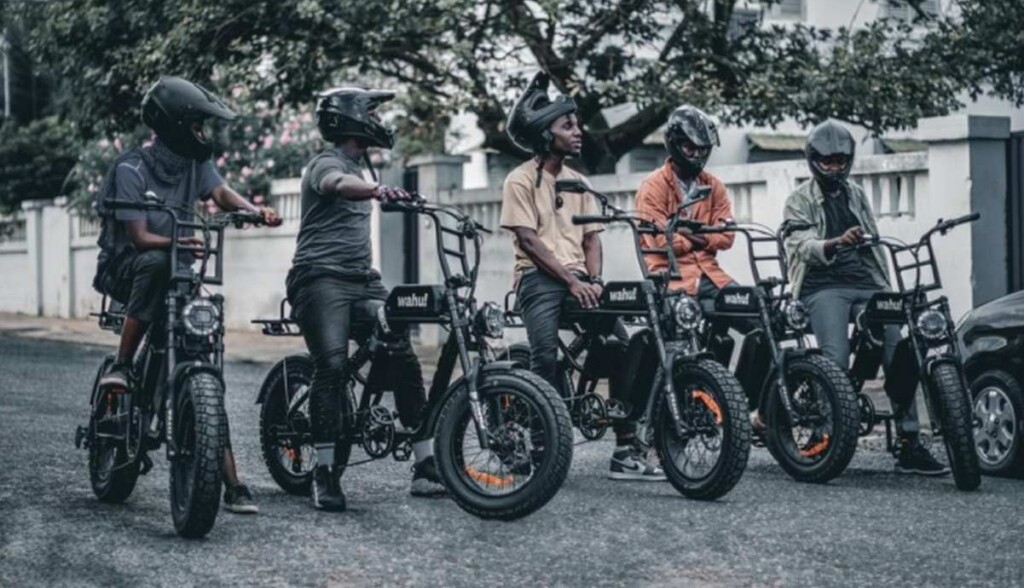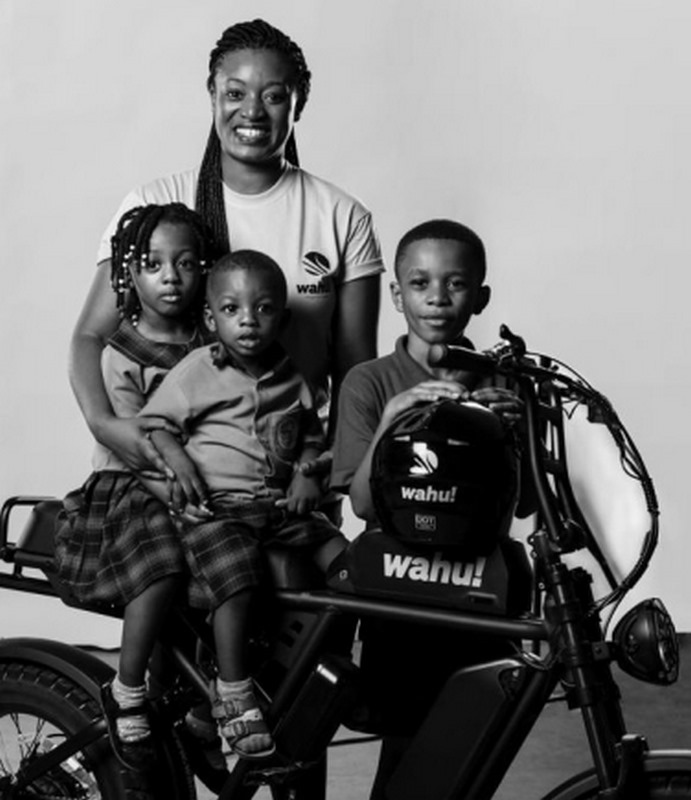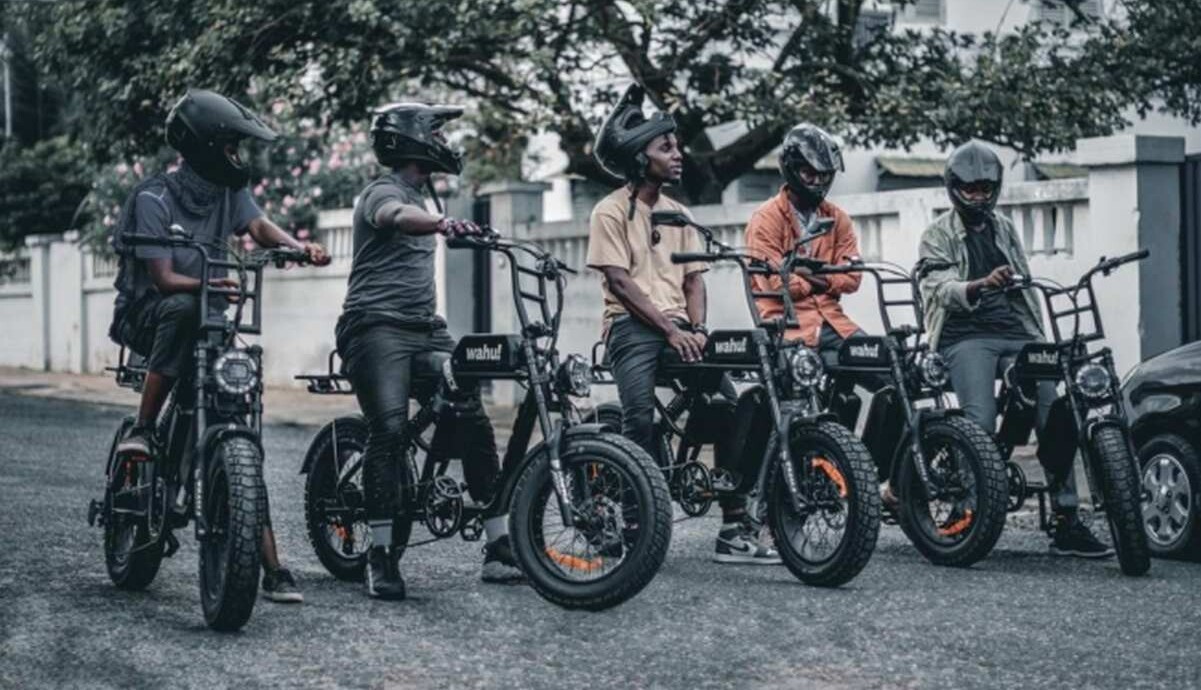
Early this year, GNN reported on the woman behind the wheels of Wahu!, an electric bicycle company and the only native electric vehicle manufacturer in Ghana, Valerie Labi.
From 100 bikes sold to delivery drivers on a pay-per-week basis, Wahu! has shifted another 200 units, driven down the cost of insurance, and is set in the coming months to unleash Africa’s first native 4-wheeled electric vehicle.

The bikes are sold under an affordable payment plan of around $23 per month for 18-24 months. They cost around $13.5 per month in electricity to charge, a huge drop from the $250 in gasoline that comparative petrol-powered delivery bikes cost.
All this adds up to significant savings for the riders who are plugged into Wahu!’s proprietary riding system through which they can access work immediately through companies like Glovo and Bolt.
“The average age of a vehicle in Ghana is 14 years,” Labi, of Ghanaian origin but brought up in England, told the Guardian. “We know there are going to be a lot of Amazon-type businesses needing last-mile mobility – do we really want them to be 14-year-old petrol vehicles?”
Anyone who’s visited Accra, Ghana, in the dry season will remember the incredibly poor air quality. Poor roads mean that cars are stuck in second and third gears, and old cars traveling in second and third gears mean plenty of extra car exhaust.
Poor roads also mean exposed dirt, and exposed dirt means fine-grained dust. Combined with a lack of rain, the smog, dust, and car exhaust make the air in parts of the capital unfit for human health.
To make matters even worse, cheap two-wheeled electric vehicles imported from Asian manufacturers are not built for the rigors of African roads. They often break down, require owners to constantly replace parts, and generate unnecessary waste.
IMPROVEMENTS FOR AFRICA BY AFRICANS:
- Researchers Test Use of Nuclear Technology to Curb Rhino Poaching in South Africa
- African Forest Farming Initiative Making A Difference to Thousands with Tree-Planting and Microlending
- Kenyan Physics Teacher Powers E-Motorbikes With Old Laptop Batteries
- This Fencing Club Is Giving at-risk Youth in Kenya an Elegant Alternative to Street Violence
- The First African-Produced Tests to Diagnose Cancer will Cut Costs and Waiting Times Across the Continent
By contrast, Wahu!’s bikes were designed with Africa in mind, and the earliest models are still running well. Additionally, GPS tracking of the bikes has meant that of the 300 units sold and running in Ghana, only one has been stolen—and was quickly located.
Should the notorious aggression of African drivers become too dangerous, Labi and her team can simply deactivate the e-bike from their headquarters. This, as mentioned earlier, has meant that insurance costs for the drivers are remarkably low for a brand-new, pioneering electric vehicle.
Another update from GNN’s January story is that Labi and Wahu! have just closed a funding round in which they received $8 million in capital to expand production at their plant on Spintex Road, Accra. In the coming months, they plan to launch a four-wheeled vehicle, as well as open new locations in Lusaka, Zambia, and Lagos, Nigeria.
SHARE This Amazing Entrepreneurial Woman With Your Friends…




















